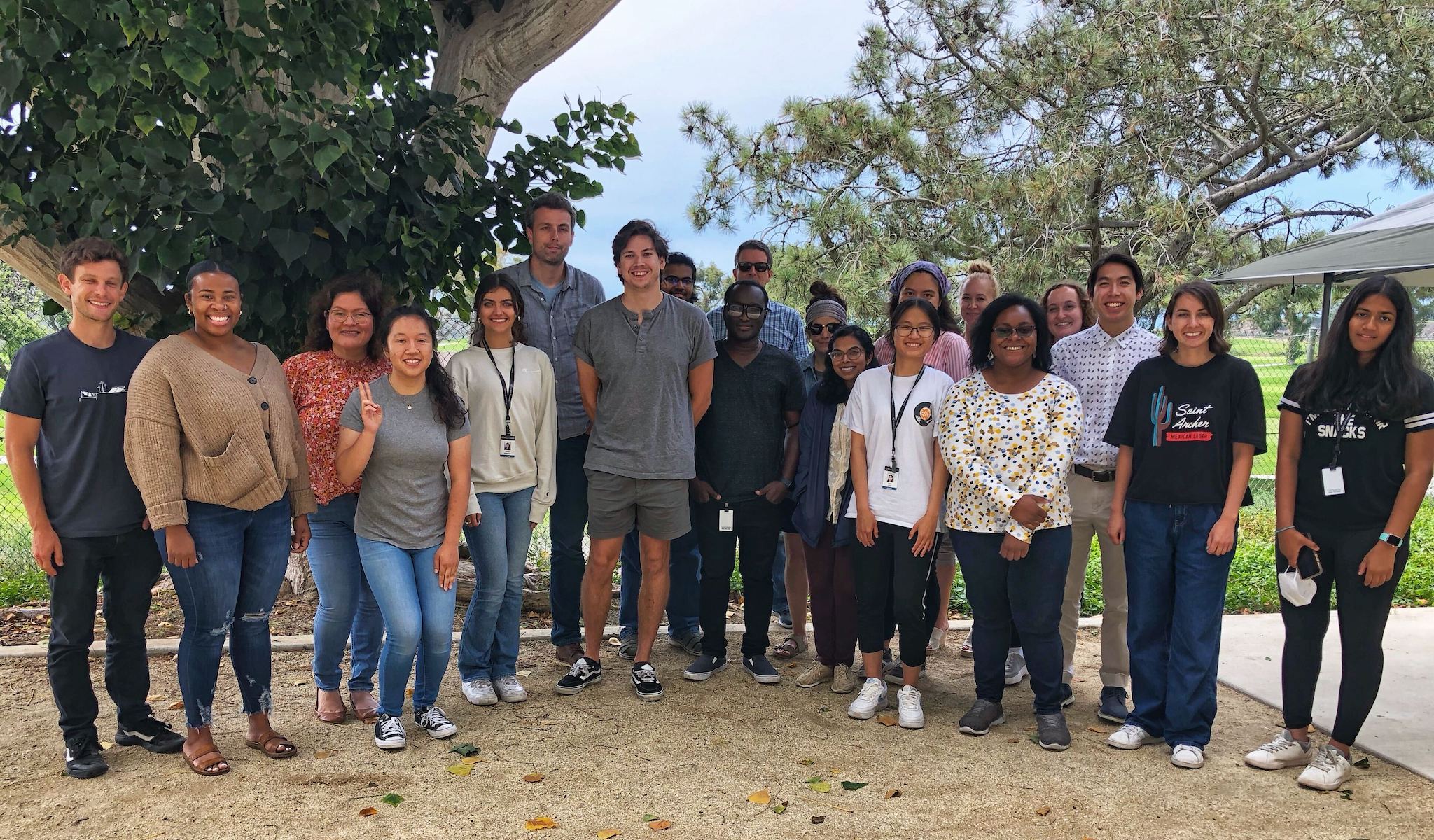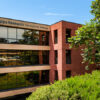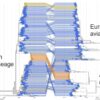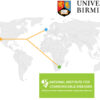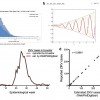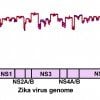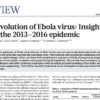Recently one of our colleagues made comments at a scientific meeting about male scientists being the subject of discrimination. In a follow up interview, he suggested that discussions about diversity, equity, and inclusion in science were not welcome or appropriate topics for scientific meetings. While we respect each individual’s right to their own views, we do not believe that either of these perspectives are shared by the majority of scientists. Therefore, we (the undersigned faculty at Scripps Research) affirm our commitment to the following principles:
- Discrimination in science currently and historically has overwhelmingly affected non-male scientists and scientists from racial minority groups. This discrimination has resulted in tangible, negative impacts in many areas, including grant funding, recruiting, and retention [1–2]
- We welcome discussions on increasing diversity, equity, and inclusion in science at scientific gatherings and at Scripps Research. In addition to a compelling moral rationale, increasing diversity has a strong scientific rationale given evidence that more diverse teams are more productive and more innovative [3–4]
Signatories
Andrew Su, Ph.D., Professor, Dept. of Integrated Structural and Computational Biology
R. Luke Wiseman, Ph.D., Professor, Dept. of Molecular and Cellular Biology
Gabriel Lander, Ph.D., Professor, Dept. of Integrated Structural and Computational Biology
Kristian Andersen, Ph.D., Professor, Dept of Immunology and Microbiology
Citations
[1] National Academies of Sciences, Engineering, and Medicine. 2020. Promising Practices for Addressing the Underrepresentation of Women in Science, Engineering, and Medicine: Opening Doors. Washington, DC: The National Academies Press. https://doi.org/10.17226/25585.
[2] Ginther, D. K. et al. Race, ethnicity, and NIH research awards. Science 333, 1015–1019 (2011). http://dx.doi.org/10.1126/science.1196783
[3] Yang, Y., Tian, T. Y., Woodruff, T. K., Jones, B. F. & Uzzi, B. Gender-diverse teams produce more novel and higher-impact scientific ideas. Proc. Natl. Acad. Sci. U. S. A. 119, e2200841119 (2022). https://doi.org/10.1073/pnas.2200841119
[4] Smith-Doerr, L., Alegria, S. N. & Sacco, T. How Diversity Matters in the US Science and Engineering Workforce: A Critical Review Considering Integration in Teams, Fields, and Organizational Contexts. Engaging STS 3, 139–153 (2017). https://doi.org/10.17351/ests2017.142
Original post by Andrew Su is on Medium.
